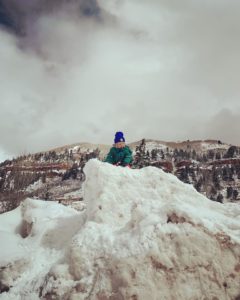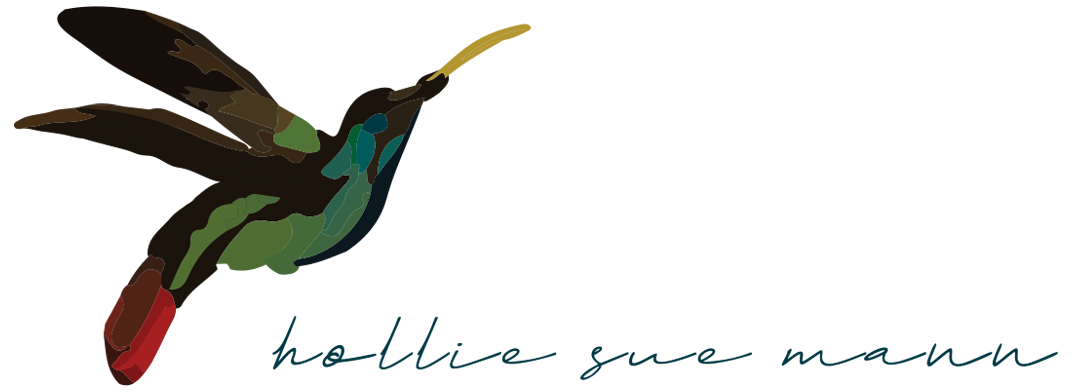02 Apr What Remains

“Souls are like athletes, that need opponents worthy of them, if they are to be tried and extended and pushed to the full use of their powers, and rewarded according to their capacity.”
–Thomas Merton, The Seven Storey Mountain
I have never liked the phrase, “the new normal.” It betrays itself in a way that I find just a teensy bit irksome (there is never anything normal about the new that is referred to whenever this phrase is used) and it is always uttered with a sense of foreboding or sadness, or both.
It is hard to know what to say about the world we’re living in at the moment—the many worlds, actually, since the virus is affecting everyone in different ways, depending on geography, poverty level, health, gender, work status, age, and so many other demographic factors. One thing we might say is that there is nothing normal about life in the time of Covid-19, and though it is a time for reflection on what matters most in our lives, which is, no doubt, always an upside of trauma and tragedy, we are pitifully talking of blessings and gratitude for more “time with our kids,” “the gift of slowing down,” and opportunities for “personal growth and reconnecting with friends in a new way,” only to mask the fears and deep anxiety we hold, quite reasonably, inside. And many well-off white people I know (myself included) are getting a little more familiar with the sort of instability, lack, and anxiety that poor Americans live with every day. I don’t view that as a bad thing at all, though one wishes it wasn’t coming in the form of an awful and deadly (for many) disease. And just to be clear, I do not see Covid-19 as The Great Equalizer that some have suggested. After all, I live in an extremely wealthy town where there is free testing for antibodies for COVID-19 for all residents, and so cannot help but laugh at the suggestion that we’re “all in this together,” as if poor people of color in Baltimore are in the same boat as us folks living up here in Telluride. However, it has shaken many people who have lived quite comfortable, unbothered lives for a long time, and it seems America is, for better or worse, getting its comeuppance.
What to make of that, it’s hard to know. On the one hand, I want to be, and generally am, sympathetic to people—many of whom are dear friends and yoga students—who are missing their hot yoga and matcha and whatever other necessities get them through (and, please believe me, I sorely miss my morning pastry from our local bakery). And this does seem like a terrible time to wag a finger at anyone for just trying to cope in whatever way they can with this harsh new reality. What is unfolding really is frightening, and there is much uncertainty on the horizon with respect to our health, our finances, our future, nearly everything. On the other hand, I know that, for many of us, lack—especially as relates to the sorts of goods and services on which many middle and upper class people tend to spend their money —is not only totally fine, but probably a very good thing. At the risk of sounding like a moral nag (just kidding, that’s totally my game), I am more than a little bothered by the way in which many of my ilk are complaining about things they no longer have on a daily basis that so many people in this country have never had, and that was before the virus introduced even more financial instability into their lives and threatened them physically in a way that the relatively well-off will likely continue to be insulated from. Millions of people are newly wondering how they will continue to feed their children, hang on to their houses (let alone their dignity and peace of mind), have their babies safely, continue to get the life-saving treatment they need for cancer, stay healthy whilst continuing to go to a job they cannot afford to not go to, leave an abusive spouse in the midst of a global pandemic and massive economic downturn, and, well, basically just survive. I don’t know about you, but those are the kinds of things keeping me up at night right now, not whether or not I can get another jar of organic oat milk or more fresh blueberries.
I understand the impulse to cling to those things which have brought us comfort and established normalcy in the past (I do not understand the tendency to cling to toilet paper, though, and if you have done that, please, look deep within yourself and maybe ask, truly, what the fuck is wrong with me?). Now seems as good a time as any for us to all get a little less precious—about our STUFF, specifically—and to not behave as though not having regular meet-ups and yummy treats, and having to “deal” with our kids on our own 24/7, really does constitute the apocalypse. I don’t mean to diminish the importance of community and connection to our flourishing as individuals and as a society. Indeed, our culture could stand to do with a goodly bit more of both. But none of what most of us are being asked to do with respect to social distancing and sheltering at home, especially given that we have countless ways of connecting virtually and getting what we need to be comfortable, even comes close to something like the apocalypse, which is another way of saying: hang on, folks, this is going to be a long ride, and it will most certainly get a lot less comfortable than it is right now.
I stand in awe of people I know, and so many more I don’t, who are daily on the front lines of fighting this virus, and we do them a great dishonor when we complain about relatively minor inconveniences and fail to be of service to others during a national crisis. As a wise and dear old friend said to me today, “We are the lucky ones, we do what we can, and we count our blessings.”
Unless you aren’t quite one of the lucky ones, in which case, you count those blessings even more carefully. I’m not keen on romanticizing human suffering and loss. Neither is necessary for growth or wisdom, though serious loss and grief do have a way of throwing into very sharp relief what matters and what doesn’t in this life, what we take for granted and what we have foolishly coveted. They can also be incredibly disorienting and reveal nothing much at all in the moment. Nevertheless, those who have already suffered, or have yet to but will, as a result of this virus will almost certainly come out on the other side of it deeply changed—with perhaps a better understanding of their own fragility and strength, and of life’s cruelty and randomness. Like our nation as a whole, they will have been made, in some sense, wiser, though they may well wish to be none the wiser for the whole awful experience. I like what Andrew Sullivan said recently about his own experience living through the AIDS epidemic and what he calls, “plague living”:
I know that I was a different man at the end of the plague of AIDS than I was at the beginning, just as so many gay men and many others were. You come face-to-face with mortality and the randomness of fate, and you are changed. You have a choice: to submit to fear and go under, or to live with the virus and do what you can. And the living with it, while fighting it, is what changes you over time; it requires more than a little nerve and more than a little steel. Plague living dispenses with the unnecessary, lays bare whom you can trust and whom you can’t, and also reveals what matters.
I don’t know about you, but I prefer to keep company, in whatever way I can just now, with those of nerve and steel, with those I can trust to help steady me during this time of upheaval, and who can help me to better see what matters most (hint: it’s not lattes and green juices, or even yoga and politics). I don’t need shiny faces and sardonic wit on social media to get me through this, though I certainly enjoy them. Maybe you understand what I mean by that. I bet you do, even if you are among the shiniest faces and wittiest of them out there.
But if we want to actually grow during this time and take some care with our souls, and maybe learn something about who we really are, one question we might ask ourselves is this: what remains from before (as opposed to what is weird now) that tells us that the reality in which we currently find ourselves is not, in fact, normal, and why might we hope against all hope that we can return to some semblance of life before in short order? For me, it is things like the sound of my children’s uproarious laugher over nothing much at all. I want that laughter to continue, to be shared with their friends, to be heard and enjoyed by others. It is the deep desire I will always have to be in the good company of friends and loved ones, and the way in which we somehow manage to make that possible even against all odds, even at such a time as this. It is the sounds of nature and really being in the natural world as it’s given to us—perfect, even though damaged, and unchanged by this pandemic. And the knowledge that human life is fragile and our grip on it so very tenuous, which only now seems apparent but has always been and ever will be true. Our survival is dependent on how others live their lives, and how we live our lives can make the way easier for our compatriots, or harder. And though this is acutely true now, our interdependence has always been a fundamental feature of human existence. This national retreat is painful, for sure. But it also offers us a chance to see things anew, and to sit quietly with ourselves so that we might better see all that remains, even as so much feels taken from us. This, we do with the hope that, when the darkness lifts, we can live in the world a little bit better than we did before. I remain, as before, cautiously optimistic.

